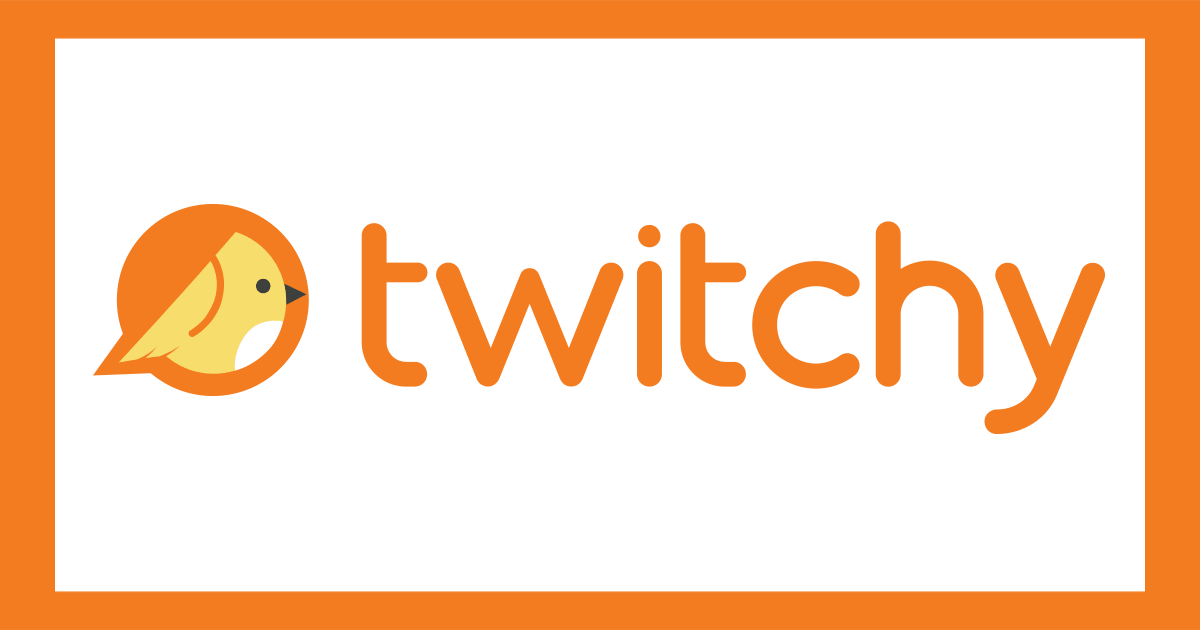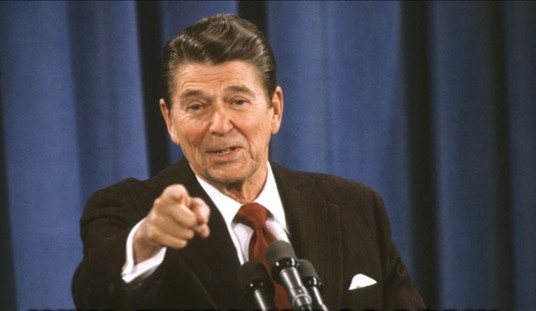If you’re still planning to celebrate Christmas and/or New Year’s with family and friends, it won’t just be Dr. Anthony Fauci’s nagging voice you keep hearing in your head trying to ruin all your fun.
HuffPost’s high-pitched screeching is gonna be there, too.
Fauci will handle the COVID stuff, and HuffPost will tackle the mental health stuff:
These toxic phrases can make people feel unnecessary shame and suck the joy out of the season. Here’s what to say instead. https://t.co/jQqE561FlX
— HuffPost (@HuffPost) December 17, 2021
That article lists five “food-shaming phrases” to avoid using at your holiday party:
- “I shouldn’t go back for more food.”
- “The diet starts Monday!”
- “Are you going to eat all of that?”
- “I was so bad for eating XYZ.”
- “Ew, how can you eat that?”
HuffPost’s Ashley Broadwater helpfully points out that “if you receive a food-shaming comment, remember it doesn’t actually have to do with who you are.”
We’ll try to remember that, Ashley. And we’ll try to remember not to make any humorous comments about our propensity to indulge a little around this time of year.
But wait … what’s this? There’s another food-shaming phrase that we’re supposed to avoid? And this one’s “toxic”? What is it, HuffPost? What should we not say if we don’t want to trigger ourselves?
The idea that you need to out-exercise food or earn any treats is extremely common to hear during the holiday season. Here’s why this mentality needs to stop, and how you can feel good in your body instead. 👇 https://t.co/NMM00A3qeE
— HuffPost (@HuffPost) December 22, 2021
Looking at exercise as punishment rather than a beneficial activity makes you less likely to engage in the healthy behavior and discredits its more important benefits. https://t.co/NMM00A3qeE pic.twitter.com/e2XmoRYRpI
— HuffPost (@HuffPost) December 22, 2021
Thinking that you need to “earn” your food promotes harmful eating mindsets. “When we moralize food, we trigger all sorts of dangerous thoughts and behavior patterns that can lead to major long-term health complications,” said Alyssa Royse, owner of Rocket Community Fitness. pic.twitter.com/90zyCTgSaf
— HuffPost (@HuffPost) December 22, 2021
Negative behavior patterns related to moralizing food include eating disorders, which can lead to major long-term health complications like heart damage, hair growth issues, brain damage, lethargy and more. https://t.co/NMM00A3qeE pic.twitter.com/BsOwsnTleZ
— HuffPost (@HuffPost) December 22, 2021
Shaming yourself for what you ate can have additional physical consequences. As a result of the stress hormones you release through that thought pattern, you can also experience stomach pains and digestive problems. https://t.co/NMM00A3qeE pic.twitter.com/5KwGoinOMe
— HuffPost (@HuffPost) December 22, 2021
Food is not something you’ve “earned” and there is absolutely no expectation that you need to “work it off.” Here’s what you should do instead, according to experts: https://t.co/NMM00A3qeE
— HuffPost (@HuffPost) December 22, 2021
So, if we’re understanding this correctly, it’s toxic to talk or joke about exercising more in anticipation of eating more or about exercising more after you’ve eaten more. Because it could give you or someone else an eating disorder?
Look: eating disorders are, indeed, toxic. They’re unhealthy, dangerous, and potentially deadly. That said, if hearing or saying something like “I’m gonna have to exercise a little harder tomorrow to work some of this off” is enough to give someone an eating disorder, odds are better than decent that they have already have serious issues with food. It’s insane to ask everyone to censor themselves just in case there’s a chance that someone with body dysmorphia might overhear them and take it the wrong way.
Recommended
lol "burning calories" being toxic is not a real thing. I can think of more toxic things, like, I don't know, living in a dictatorship pic.twitter.com/rvJm6S8ah7
— Shadi Hamid (@shadihamid) December 23, 2021
"According to experts"
— Shadi Hamid (@shadihamid) December 23, 2021
Honestly, who cares if some people exercise because it allows them to eat more? The point is that they’re exercising, and that’s generally a good thing. Particularly right now.
One considerably more toxic thing is not burning those calories. https://t.co/o0T9vWGA1e
— Drew Holden (@DrewHolden360) December 24, 2021
Chronic obesity is and will continue to be a considerably larger public health challenge than coronavirus and yet most of the conversation even tangentially related to it is dominated by these missives about speech codes.
— Drew Holden (@DrewHolden360) December 24, 2021
The worst part of this is that it toxifies points that are worth making – there *are* bad ways to lose weight, there *are* societal issues with how obese people are treated, and eating poorly is cheap and easy. Wrapping it in identity politics scolding makes people not care. https://t.co/oB52OKiEYl
— Noam Blum (@neontaster) December 24, 2021
HuffPost would help a lot more people by just shutting up for a while.
Bc HuffPo
— Raymond McCue 💗⚤💜⚣💙 (@RayMcCue) December 22, 2021

























Join the conversation as a VIP Member